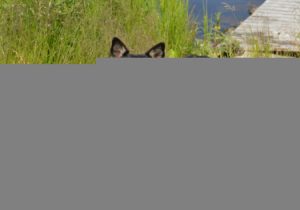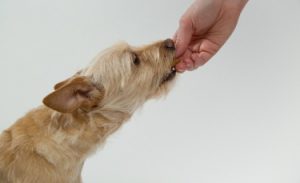 Illustrative photo
Illustrative photo
A study in Hungary found that pigs are closer to wolves than dogs when faced with a problem they cannot solve. Unlike our canine friends, domestic swine do not ask for our help in this kind of situation.
It first consisted of teaching dogs to solve a puzzle containing a treat . Subsequently, unbeknownst to the animal, the puzzle was altered so that it became impossible to solve . The researchers found that the dogs tested, when faced with the impossibility of finding the solution , turned to the humans present and then returned to the puzzle. A way for them to draw their attention to the unresolved problem and in the hope of benefiting from their help .

The study authors then experimented with wolves raised by humans. They logically expected to see a similar attitude , but that was not the case . The wolves, in fact, continued to try to unravel the puzzle without soliciting the assistance of men .


For the specialist in ethology, the results of these tests, which were published in the journal Animal Cognition last July, provide valuable lessons on the process of domestication of animals. The study led her to believe that domestication and sociability are not enough to explain the attitude of dogs in this case (problem to be solved and search for human help).
For Paula Pérez Fraga , the process of domestication of dogs is different from that of pigs because the initial objectives were not the same . While canines were bred for protection and companionship , swine were bred primarily as food resources . It wasn’t until much later that pigs started to become pets.
This is what would have helped bring genetic changes in these species, leading them to adopt different behaviors vis-à-vis humans. </p











